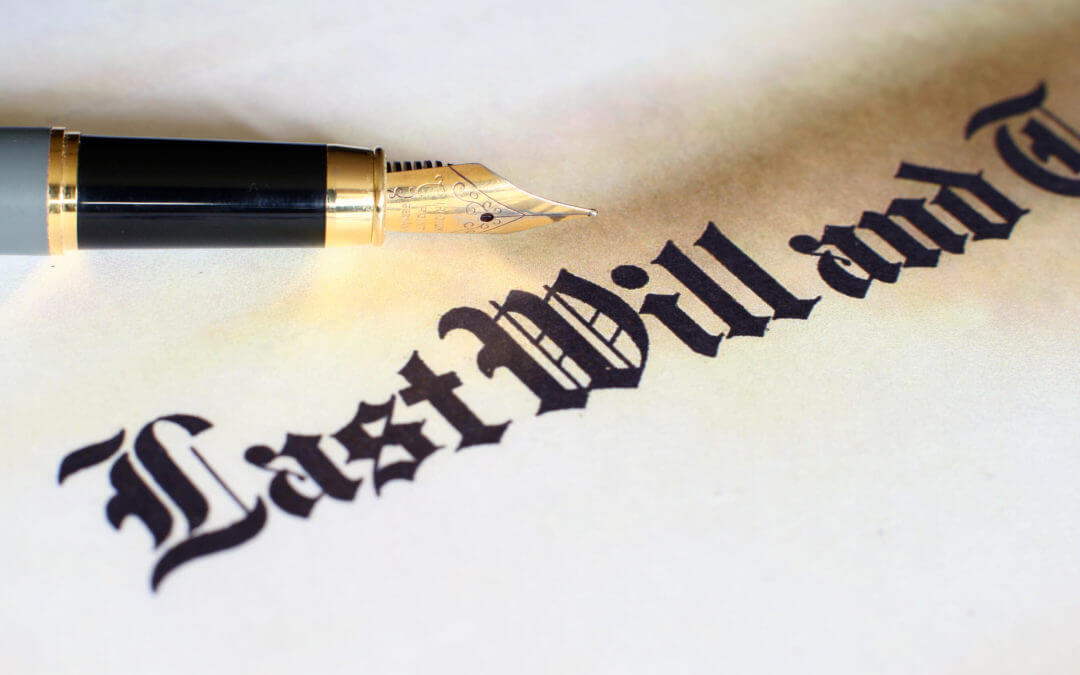If you are considering reviewing your Florida estate plan or creating your Florida estate plan for the first time, make sure your will is a self proving will. A self proving will is a will that can be admitted to probate without further proof of its authenticity. Florida self proving wills include an affidavit at the end that satisfies the requirements under the Florida statutes for a self proving will. The only way to be sure that your will is self proving is to consult with an attorney about it.
What is a self proving will?
If you are a resident of Florida and want to leave your property to someone after your death in accordance with your specific wishes, you need to have a will that complies with Florida law. In Florida, section 732.502, Florida Statutes sets out the requirements for the valid execution of a will in Florida. Please see our previous blog post of the requirements for the execution of a will in Florida for more information.
Self proving wills in Florida are governed by section 732.503, Florida Statutes. Section 732.503 states the following affidavit ,or one substantially similar, needs to be included in any Florida will for the will to be considered a self proving will. The exact affidavit that needs to be included is as follows (just a note, the word testator is the name for the person who is executing the will):
STATE OF FLORIDA
COUNTY OF ________________
I, [name of person executing will], declare to the officer taking my acknowledgment of this instrument, and to the subscribing witnesses, that I signed this instrument as my will.
[signature of person executing the will]
We, [name of witness 1] and [name of witness 2], have been sworn by the officer signing below, and declare to the officer on our oaths that the testator declared the instrument to be the testator’s will and signed it in our presence and that we each signed the instrument as a witness in the presence of the testator and in the presence of each other.
[signature of witness 1]
[signature of witness 2]
Acknowledged and subscribed before me by the testator, (type or print testator’s name), who is personally known to me or who has produced (state type of identification—see s. 117.05(5)(b)2.) as identification, and sworn to and subscribed before me by the witnesses, (type or print name of first witness) who is personally known to me or who has produced (state type of identification—see s. 117.05(5)(b)2.) as identification and (type or print name of second witness) who is personally known to me or who has produced (state type of identification—see s. 117.05(5)(b)2.) as identification, and subscribed by me in the presence of the testator and the subscribing witnesses, all on (date).
If you see this affidavit at the end of your will, you likely have a self proving will. You should still take it to an attorney to check to make sure though, because there’s still some question as to whether “at the end” means it must be signed after all of the testamentary provisions in the will, or that it must be signed at the temporal end of the act creating the will.
What is the benefit of having a self proving will?
If your loved one passes away, and his or her will has this affidavit at the end, then the will is a self proving will and can be admitted to the probate case without further proof under section 733.201(1), Florida Statutes. If the will is not self proving, you will need to follow the other methods for proving the will under Florida law. This process of proving a will can be time consuming and increases the cost to the estate. This is why it is important that a will be self proving. There is not any reason why a Florida will should not be self proving.
Contact us today to schedule a free consultation.
If you have questions about your will, estate plan, or probate, contact us today to schedule a free consultation. If you already have an estate plan, one of our attorney can prove a free estate plan review. Our attorney will review your current estate plan to ensure that it still complies with your wishes and for technical compliance, such as making sure that your will is self proving. Contact us today to make an appointment for a free consultation.

